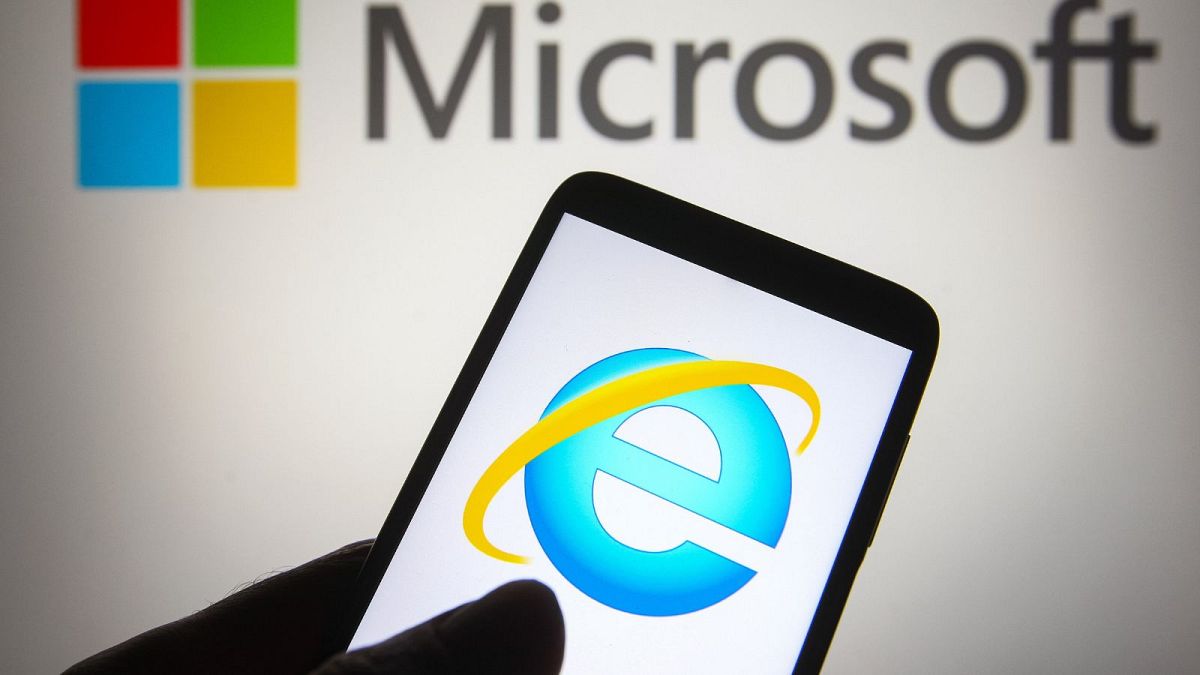The browser, which first launched in 1995 and once dominated the browser wars, is being replaced by the “faster, more secure” Microsoft Edge.
Microsoft’s Internet Explorer, which once dominated the browser wars, is now in tech retirement.
After 27 years, Microsoft is replacing it for good with its Microsoft Edge browser, which it claims is faster and safer. Over the years, Internet Explorer had been the focus of much scrutiny over security flaws.
For older websites and apps that rely on Internet Explorer, or for anyone who for some reason wants to continue using the old browser, Microsoft Edge will have an “Internet Explorer mode”.
The Internet Explorer (IE) app now redirects to Microsoft Edge, which Microsoft says in its explanation is “a faster, more secure and more modern browsing experience than Internet Explorer”.
Trying to open a website on IE brings up the message: “The website you were trying to open doesn't work in Internet Explorer, so you've been redirected to Microsoft Edge”.
Users can import their favourites, preferences and other browsing data from IE to Microsoft Edge.
It has been a browser users have loved to hate, and a lot of the responses on social media reflect that, on what could fairly be called a somewhat historic day for the internet.
A favourite meme about IE refers to it being the “top browser for installing other browsers”.
It is not a surprise announcement, given that Microsoft announced last year it would be ending its support for IE on June 15, 2022.
Dominating the early 2000s
Released in 1995, its launch signalled the beginning of the end for the then-dominant browser, Netscape Navigator.
Microsoft’s penchant for tying IE to its Windows operating system ended up meaning people would simply use IE by default instead of competitors.
This led to legal issues, with the US Justice Department suing Microsoft in 1997 for violating an earlier consent decree by requiring computer makers to use its browser as a condition of using Windows.
It eventually agreed to settle the antitrust battle in 2002 over its use of its Windows monopoly to squash competitors. It also tangled with European regulators who said that tying Internet Explorer to Windows gave it an unfair advantage over rivals such as Mozilla’s Firefox, Opera and Google’s Chrome.
In the early 2000s, its market share was over 90 per cent, but amid complaints that it was slow, prone to crashing, and vulnerable to hacks, users started favouring alternatives.
Today, Google’s Chrome browser dominates with roughly 65 per cent share of the worldwide browser market, followed by Apple’s Safari with 19 per cent, according to internet analytics company Statcounter. IE's heir, Edge, lags with about 4 per cent, just ahead of Firefox.



